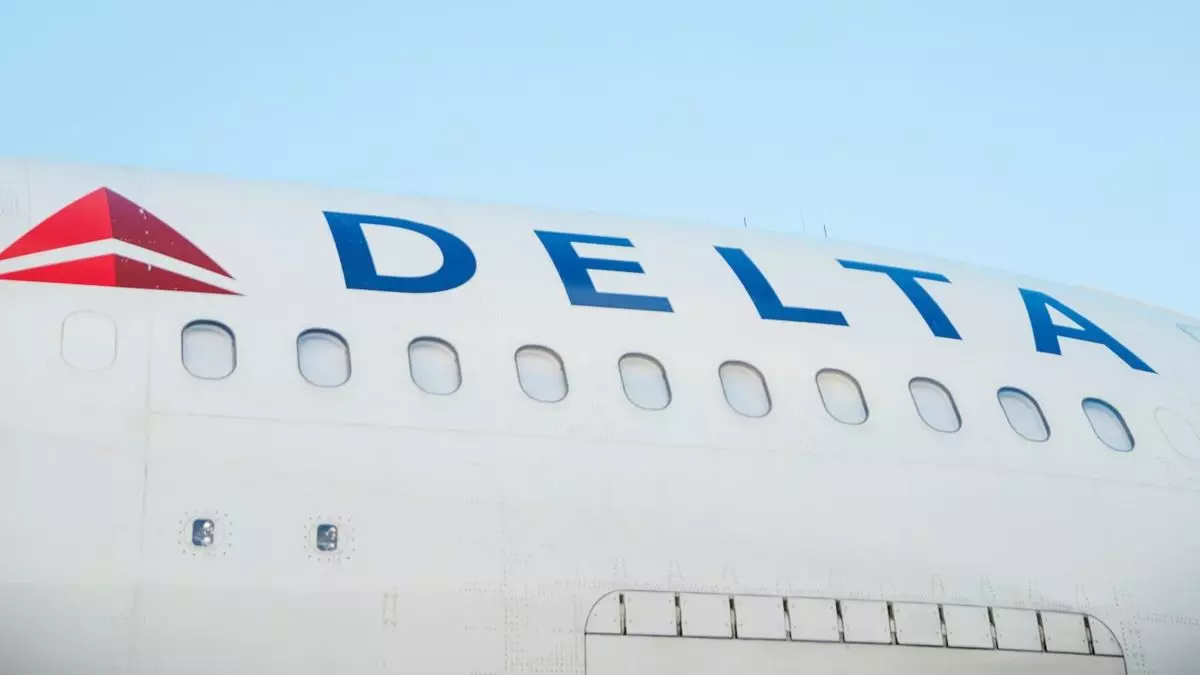Delta Airlines, known for its reliability in limiting flight cancellations, faced a significant setback in July due to the CrowdStrike outage on July 19. The airline, which had a cancellation rate of 0.8% in June, saw a drastic increase in cancellations to 5.28% in July. This surge in cancellations, nearly six times higher than the previous month, positioned Delta at the bottom of the U.S. aviation industry in terms of flight cancellations.
Among the U.S. airlines monitored by aviation analytics company Cirium, Delta’s slow recovery from the CrowdStrike outage was evident. United Airlines, also impacted by the outage but managed to recover quicker than Delta, had the second-highest cancellation rate at 3.4%. In contrast, Southwest Airlines, unaffected by the outage, maintained a minimal cancellation rate of just 0.57%. The disparity in cancellation rates among these airlines highlights the varying degrees of resilience and recovery strategies adopted post-outage.
Delta Airlines accounted for the majority of CrowdStrike-related flight cancellations globally, with nearly 6,500 flights canceled in the five days following the outage. The disruption in travel plans affected approximately 1.3 million customers, showcasing the extensive reach and repercussions of the software-update failure at the cybersecurity firm.
Despite the high cancellation rates, United and Delta Airlines maintained respectable on-time performance rates on the flights that operated post-outage. United secured the second position in North America with an on-time rate of 73.12%, followed closely by Delta at 72.36%. In comparison, Southwest Airlines emerged as the most punctual among U.S. carriers with an impressive on-time rate of 77.51%. Meanwhile, Spirit Airlines struggled with an on-time rate of 65.19%, positioning it at the lower end of the performance spectrum.
The aftermath of the CrowdStrike outage serves as a cautionary tale for airlines heavily reliant on Microsoft Windows systems, like Delta. As the aviation industry navigates through unforeseen operational challenges, continuous monitoring, agile recovery strategies, and robust contingency plans become imperative to mitigate the impact of such disruptions and uphold operational excellence. Through proactive measures and adaptive responses, airlines can fortify their resilience and ensure seamless travel experiences for passengers.

